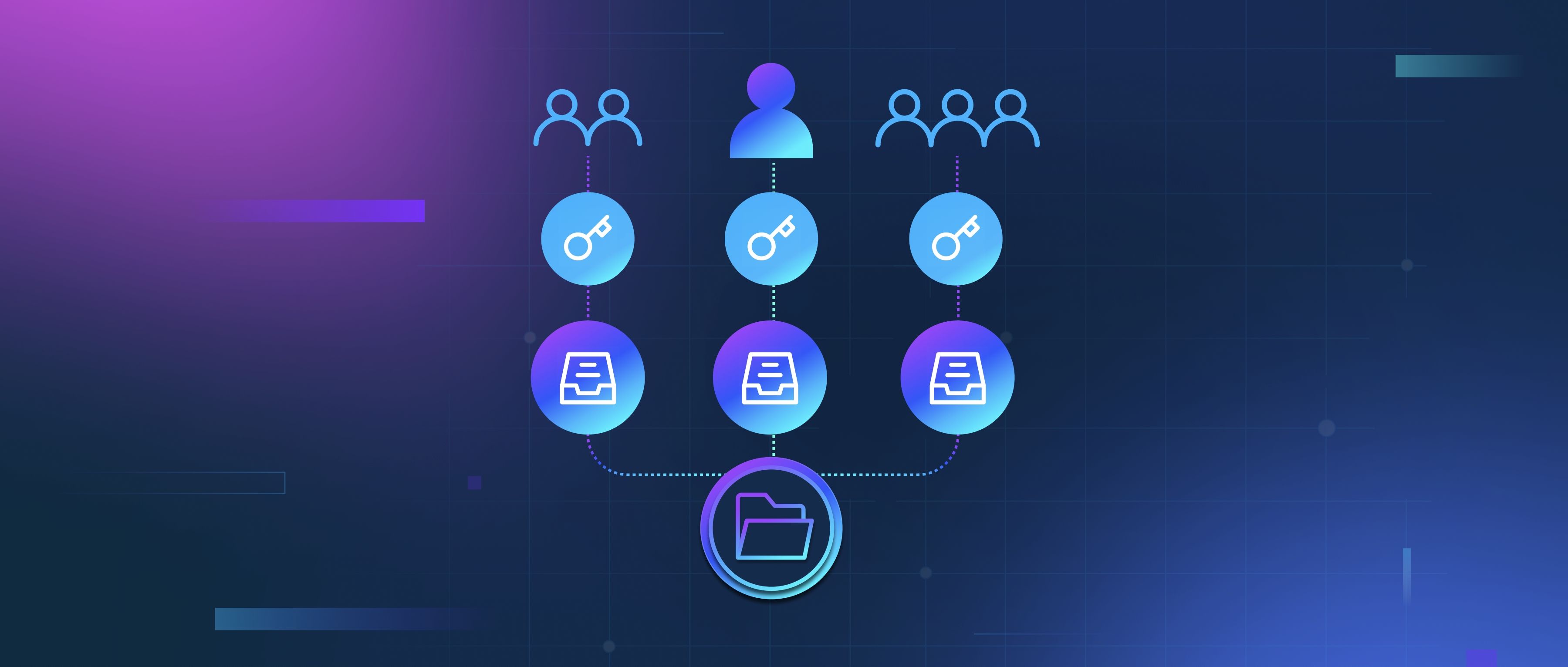Relational databases offer several significant advantages that make them a preferred choice for many development projects. Firstly, their structured nature allows data to be organized into tables, which makes it easier to understand and manage. Each table represents a different entity, like customers or products, and relationships between these tables can be easily defined using foreign keys. This organization helps in reducing data redundancy. For instance, if you have customer orders stored in one table and customer details in another, you can relate them without duplicating customer information across multiple records.
Another advantage of relational databases is their powerful query capabilities. Using Structured Query Language (SQL), developers can perform complex queries to filter, sort, and analyze data efficiently. SQL is standardized, meaning that once developers learn it, they can apply their skills across different relational database systems such as MySQL, PostgreSQL, or SQL Server. This makes it easier to switch between systems or collaborate with different teams that might use various database technologies. For example, retrieving all orders for a specific customer can be done with a simple SQL statement, making it straightforward to access the necessary data without complicated data manipulation.
Finally, relational databases provide strong data integrity features, which are essential for maintaining accurate and reliable data. They enforce constraints such as primary keys and unique indexes to prevent duplicate entries and ensure data consistency. Transactions are also handled well, allowing developers to execute multiple operations in a single, atomic action. This ensures that either all changes are made or none at all, which is crucial in systems like e-commerce platforms where managing inventory and customer orders requires high reliability. These characteristics make relational databases a robust choice for applications where data integrity and clarity are priorities.
